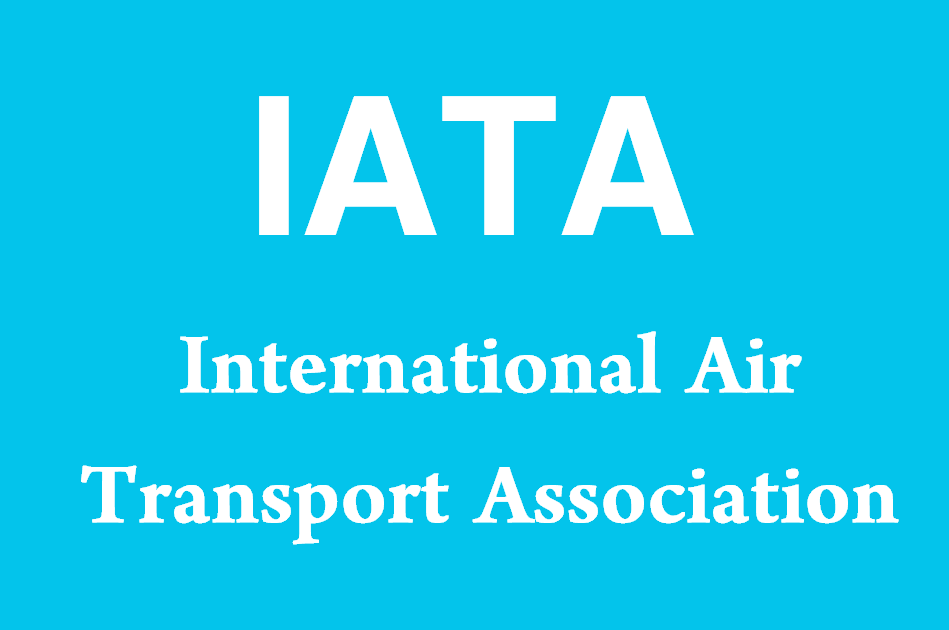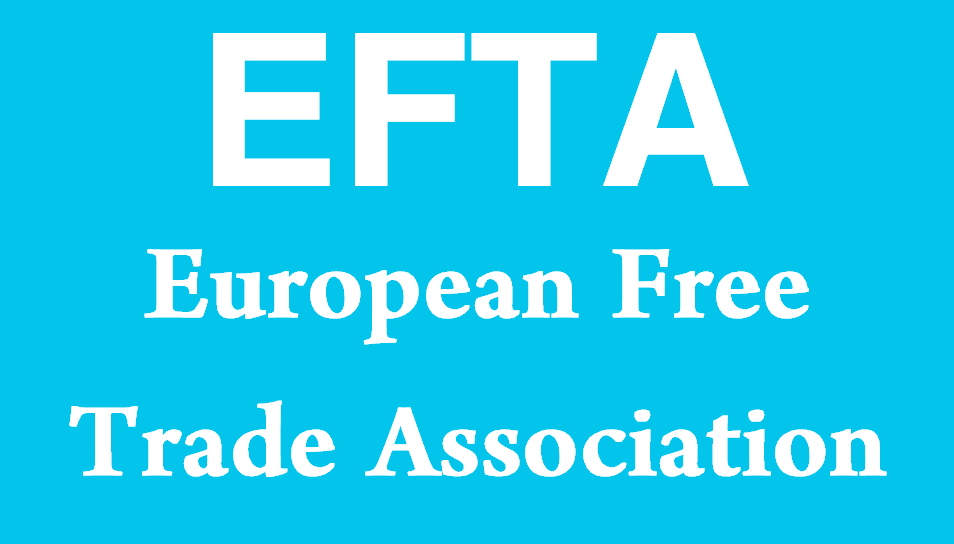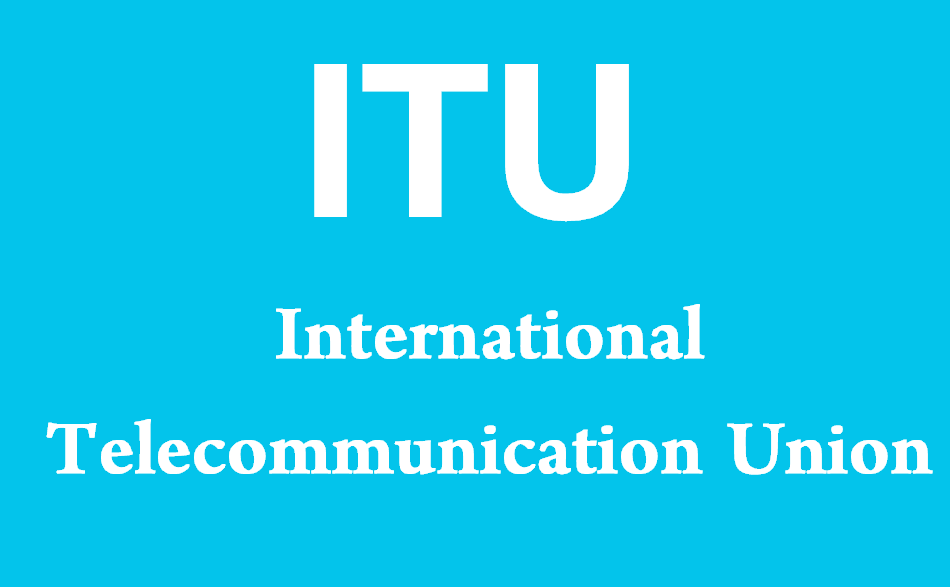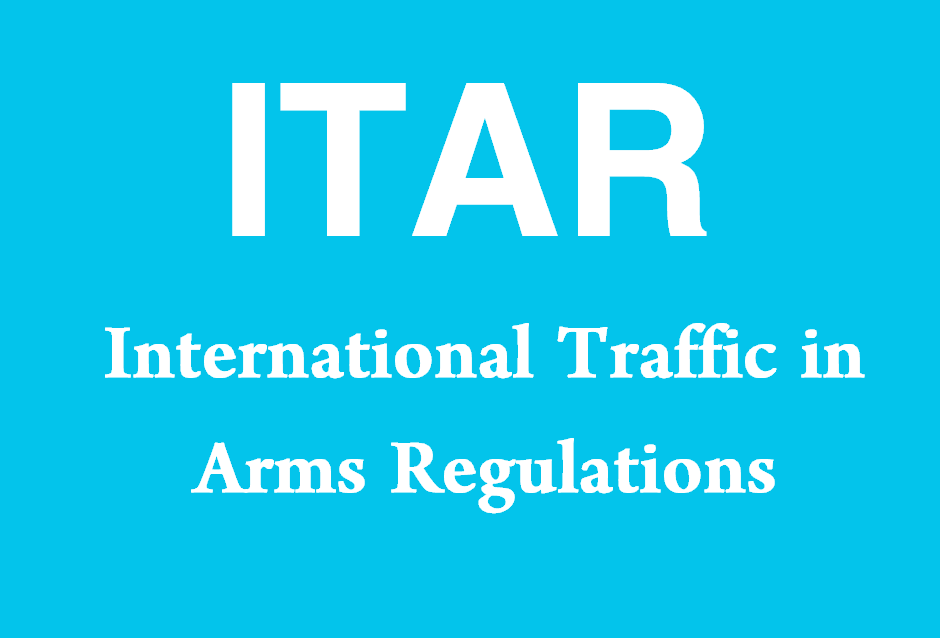What does IAA stand for?
IAA stands for International Airline Association, which represents a global organization comprising airlines from various countries around the world. This association serves as a platform for collaboration, advocacy, and cooperation among member airlines, addressing common industry challenges, promoting best practices, and advocating for policies that support the sustainable growth and development of the airline industry. The International Airline Association plays a significant role in shaping aviation policies, standards, and regulations on a global scale, while also fostering partnerships and alliances to enhance safety, efficiency, and connectivity within the air transport sector.
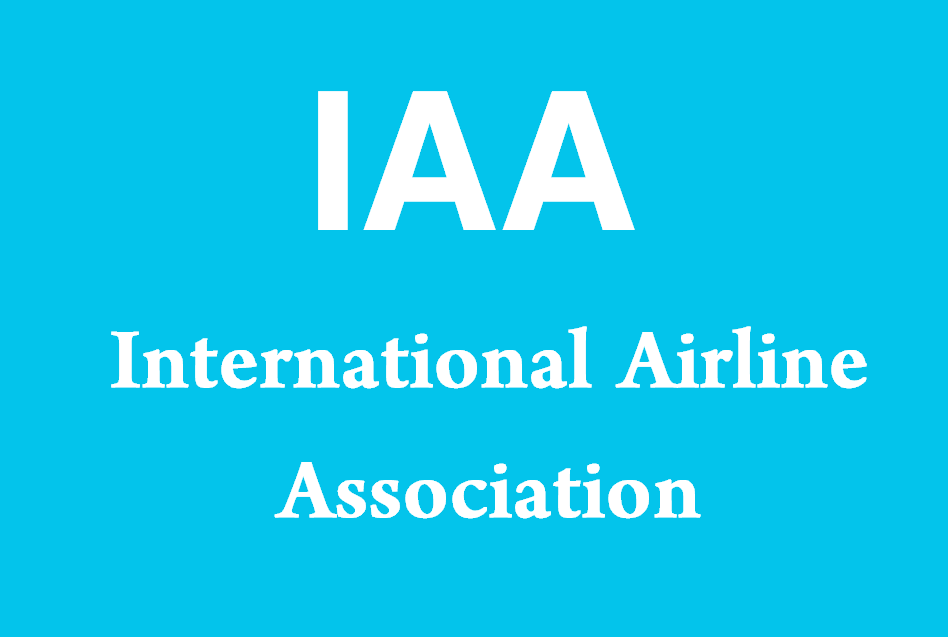
Comprehensive Explanation of International Airline Association
The International Airline Association (IAA) is a prominent global organization representing the interests of airlines worldwide. Formed to address common challenges, facilitate collaboration, and advocate for the interests of its members, the IAA plays a pivotal role in shaping the landscape of the aviation industry. This comprehensive explanation delves into the history, structure, functions, and significance of the International Airline Association, elucidating its role in promoting safety, sustainability, and innovation in air transportation.
History and Evolution
The roots of the International Airline Association can be traced back to the early days of commercial aviation, when airlines recognized the need for cooperation and coordination to address common challenges and regulatory issues. Over time, as the aviation industry expanded globally, the need for a formalized platform for international cooperation became apparent, leading to the establishment of the IAA. The association has evolved over the years, adapting to changes in the aviation landscape, technological advancements, and regulatory frameworks, to effectively represent the collective interests of its member airlines on the global stage.
Structure and Governance
The International Airline Association operates as a membership-based organization, with member airlines from around the world participating in its activities and decision-making processes. The structure and governance of the IAA typically include a board of directors or executive committee, composed of representatives from member airlines, who oversee the strategic direction, policies, and initiatives of the association. The IAA may also have various committees, working groups, and task forces focused on specific areas such as safety, security, environment, and regulatory affairs, to address industry-specific issues and priorities. Additionally, the IAA may collaborate with other aviation organizations, government agencies, and stakeholders to advance its objectives and initiatives on behalf of the global airline industry.
Functions and Activities
The International Airline Association performs a wide range of functions and activities aimed at promoting the interests of its member airlines and advancing the goals of the aviation industry. These functions may include:
- Advocacy and Representation: The IAA serves as the collective voice of its member airlines, advocating for policies, regulations, and initiatives that support the growth, sustainability, and competitiveness of the aviation sector. This may involve engaging with governments, international organizations, and regulatory bodies to influence decision-making processes and shape industry standards and practices.
- Safety and Security: Ensuring the safety and security of air travel is a top priority for the IAA. The association works closely with regulatory authorities, industry partners, and stakeholders to develop and implement safety and security standards, procedures, and best practices to mitigate risks and enhance the overall safety and security of the aviation system.
- Industry Collaboration: The IAA fosters collaboration and cooperation among member airlines, industry stakeholders, and partners to address common challenges, share knowledge and expertise, and promote innovation and best practices in air transportation. This may involve collaborative initiatives on topics such as technology adoption, environmental sustainability, and passenger experience improvement.
- Policy Development: The IAA plays a key role in policy development and advocacy on issues impacting the aviation industry, such as air traffic management, environmental sustainability, infrastructure development, and market access. The association engages in policy research, analysis, and dialogue to inform decision-makers and shape policies that support the long-term growth and viability of the airline sector.
- Capacity Building: The IAA supports capacity building and skill development initiatives to enhance the capabilities and professionalism of the aviation workforce. This may include training programs, workshops, and knowledge-sharing activities aimed at improving operational efficiency, safety culture, and service excellence across the industry.
Significance and Impact
The International Airline Association holds significant significance and exerts a considerable impact on the aviation industry, governments, and society as a whole. Some key aspects of its significance and impact include:
- Global Connectivity: The IAA plays a crucial role in facilitating global connectivity by promoting liberalization, open skies agreements, and air transport agreements that facilitate air travel and commerce between countries and regions. This helps stimulate economic growth, trade, and tourism, while also fostering cultural exchange and understanding.
- Safety and Reliability: Through its advocacy, standards-setting, and collaboration efforts, the IAA contributes to enhancing the safety and reliability of air transportation worldwide. By establishing and promoting industry best practices, safety standards, and regulatory frameworks, the association helps mitigate risks and improve the overall safety performance of the aviation sector.
- Environmental Sustainability: The IAA is actively involved in promoting environmental sustainability and addressing climate change challenges within the aviation industry. The association supports initiatives to reduce carbon emissions, enhance fuel efficiency, and develop sustainable aviation fuels, contributing to the industry’s efforts to mitigate its environmental impact and transition towards a more sustainable future.
- Economic Contribution: The aviation industry, supported by the advocacy and initiatives of the IAA, makes significant contributions to global economic development, job creation, and prosperity. By facilitating air transport services, cargo shipments, and tourism activities, the industry drives economic growth, stimulates investment, and creates employment opportunities in various sectors and regions.
- Policy Influence: The IAA wields considerable influence in shaping aviation policies, regulations, and standards at the national, regional, and international levels. Through its advocacy efforts, policy research, and engagement with stakeholders, the association helps shape policies that support a competitive, efficient, and sustainable aviation ecosystem, benefiting both industry stakeholders and the traveling public.
Importance of IAA to Importers
The International Airline Association (IAA) holds significant importance for importers engaged in international trade and commerce, serving as a key facilitator of air transportation services, connectivity, and logistics solutions essential for importing goods and commodities across borders. Importers rely on the IAA and its member airlines to provide reliable, efficient, and cost-effective air cargo services, ensuring timely delivery, supply chain resilience, and market access for their products. Understanding the importance of the IAA to importers is crucial for optimizing logistics strategies, managing supply chain risks, and leveraging air transport solutions to meet import demand and customer expectations in a globalized marketplace.
Facilitation of Air Cargo Services
The IAA plays a pivotal role in facilitating air cargo services, infrastructure, and logistics solutions essential for importing goods and commodities from overseas markets. Importers rely on the extensive network of member airlines within the IAA to transport goods via air freight, leveraging the speed, reliability, and global reach of air transportation to meet import demand and supply chain requirements. The association works closely with its member airlines to optimize air cargo operations, enhance freight capacity, and improve efficiency in handling and transporting goods across international borders. Importers benefit from the IAA’s efforts to streamline customs procedures, cargo handling processes, and documentation requirements, reducing transit times, minimizing delays, and ensuring the seamless flow of goods from origin to destination. By leveraging the air cargo services facilitated by the IAA, importers can expedite order fulfillment, minimize inventory costs, and meet customer demand for timely delivery of imported products.
Connectivity and Market Access
The IAA enhances connectivity and market access for importers by facilitating air transport services and route networks that link key production centers, manufacturing hubs, and consumer markets around the world. Importers rely on the extensive route networks and flight connections offered by member airlines within the IAA to access a diverse range of sourcing locations, suppliers, and markets, enabling them to optimize procurement strategies, diversify supply sources, and respond to changing market dynamics. The association’s advocacy for open skies agreements, air transport liberalization, and market access initiatives promotes competition, choice, and affordability in air travel, benefiting importers by expanding route options, lowering airfares, and enhancing accessibility to key import destinations. Importers can leverage the connectivity facilitated by the IAA to explore new markets, expand distribution channels, and capitalize on emerging business opportunities in diverse regions worldwide.
Supply Chain Resilience and Risk Management
The IAA contributes to supply chain resilience and risk management for importers by providing reliable air transportation solutions that mitigate risks associated with supply chain disruptions, inventory management, and transportation uncertainties. Importers face various risks in international trade, including geopolitical tensions, natural disasters, and regulatory changes, which can impact the flow of goods and disrupt supply chain operations. By leveraging air transport services facilitated by the IAA, importers can diversify transportation modes, reduce transit times, and mitigate risks associated with congestion, port closures, and infrastructure bottlenecks. The association’s advocacy for aviation safety, security, and operational excellence enhances confidence in air cargo services, providing importers with a reliable and resilient logistics option for transporting time-sensitive or high-value goods across borders. Importers can collaborate with member airlines within the IAA to develop contingency plans, risk mitigation strategies, and alternative routing options to safeguard supply chain continuity and minimize the impact of disruptions on import operations.
Trade Facilitation and Regulatory Compliance
The IAA promotes trade facilitation and regulatory compliance for importers by advocating for harmonized customs procedures, trade regulations, and documentation standards that streamline cross-border trade and facilitate the movement of goods by air. Importers rely on the association’s engagement with governments, regulatory authorities, and international organizations to promote simplified customs clearance processes, standardized documentation requirements, and electronic trade facilitation initiatives that expedite cargo clearance and reduce administrative burdens. The IAA’s efforts to promote industry best practices, standards, and guidelines for cargo security, customs compliance, and trade facilitation enhance the efficiency, transparency, and predictability of import procedures, enabling importers to navigate regulatory complexities and ensure compliance with import regulations and requirements. Importers can benefit from the IAA’s resources, guidance, and advocacy on trade facilitation matters to optimize import processes, minimize clearance delays, and enhance supply chain efficiency in cross-border trade transactions.
Innovation and Technology Adoption
The IAA fosters innovation and technology adoption in air transportation, offering importers access to advanced cargo handling, tracking, and monitoring solutions that improve visibility, traceability, and control over imported goods throughout the supply chain. Importers rely on the association’s collaboration with industry stakeholders, technology providers, and research institutions to drive innovation in air cargo operations, promote the adoption of digital technologies, such as IoT sensors, blockchain, and AI, and enhance the efficiency and resilience of air freight services. The IAA’s initiatives to promote e-freight, paperless documentation, and digital platforms for cargo booking, tracking, and payments streamline import processes, reduce paperwork, and accelerate cargo flows, benefiting importers by improving operational efficiency and reducing logistics costs. Importers can leverage the innovative solutions and best practices endorsed by the IAA to optimize supply chain visibility, inventory management, and logistics performance, enhancing competitiveness and agility in global trade operations.
Sample Sentences with the Acronym “IAA” and Their Meanings
- The IAA’s latest initiative aims to enhance air cargo security standards, ensuring the safe and efficient transportation of goods across international borders.
- Meaning: The International Airline Association’s (IAA) recent initiative focuses on improving air cargo security standards to guarantee the safe and smooth transit of goods across global borders.
- As a member of the IAA, our airline is committed to upholding the highest safety standards and operational excellence in air transportation services.
- Meaning: Being part of the International Airline Association (IAA), our airline is dedicated to maintaining superior safety measures and operational performance in delivering air transport services.
- The IAA’s annual conference brings together industry leaders, policymakers, and stakeholders to discuss key challenges and opportunities shaping the future of aviation.
- Meaning: The International Airline Association’s (IAA) yearly conference gathers influential figures, policymakers, and interested parties to deliberate on significant issues and prospects influencing the aviation sector’s evolution.
- The IAA’s advocacy efforts have led to significant policy reforms that promote air transport liberalization and market access for airlines worldwide.
- Meaning: The International Airline Association’s (IAA) endeavors in advocacy have resulted in substantial policy changes fostering air transport liberalization and global market entry opportunities for airlines across the globe.
- Our partnership with IAA member airlines enables us to offer reliable and cost-effective air cargo solutions to meet the diverse needs of importers and exporters worldwide.
- Meaning: Collaborating with member airlines of the International Airline Association (IAA) empowers us to deliver dependable and economical air freight services tailored to fulfill the varied requirements of importers and exporters on a global scale.
Other Meanings of “IAA”
| Acronym | Meaning |
|---|---|
| IAA | International Academy of Astronautics |
| IAA | Institute of Actuaries of Australia |
| IAA | Internal Auditors Association |
| IAA | International Arbitration Association |
| IAA | Independent Adoption Agency |
| IAA | International Accounting Association |
| IAA | Institute of Archaeology and Anthropology |
| IAA | International Advertising Association |
| IAA | International Aluminium Association |
| IAA | Irish Aviation Authority |
| IAA | International Aerosol Association |
| IAA | International Anesthesia Association |
| IAA | International Association of Athletics Federations |
| IAA | International Association of Audiovisual Archives |
| IAA | International Association of Amusement Parks and Attractions |
| IAA | International Actuarial Association |
| IAA | Independent Adoption Advisers |
| IAA | International Astronautical Association |
| IAA | International Association of Assessing Officers |
| IAA | Indian Automobile Association |

